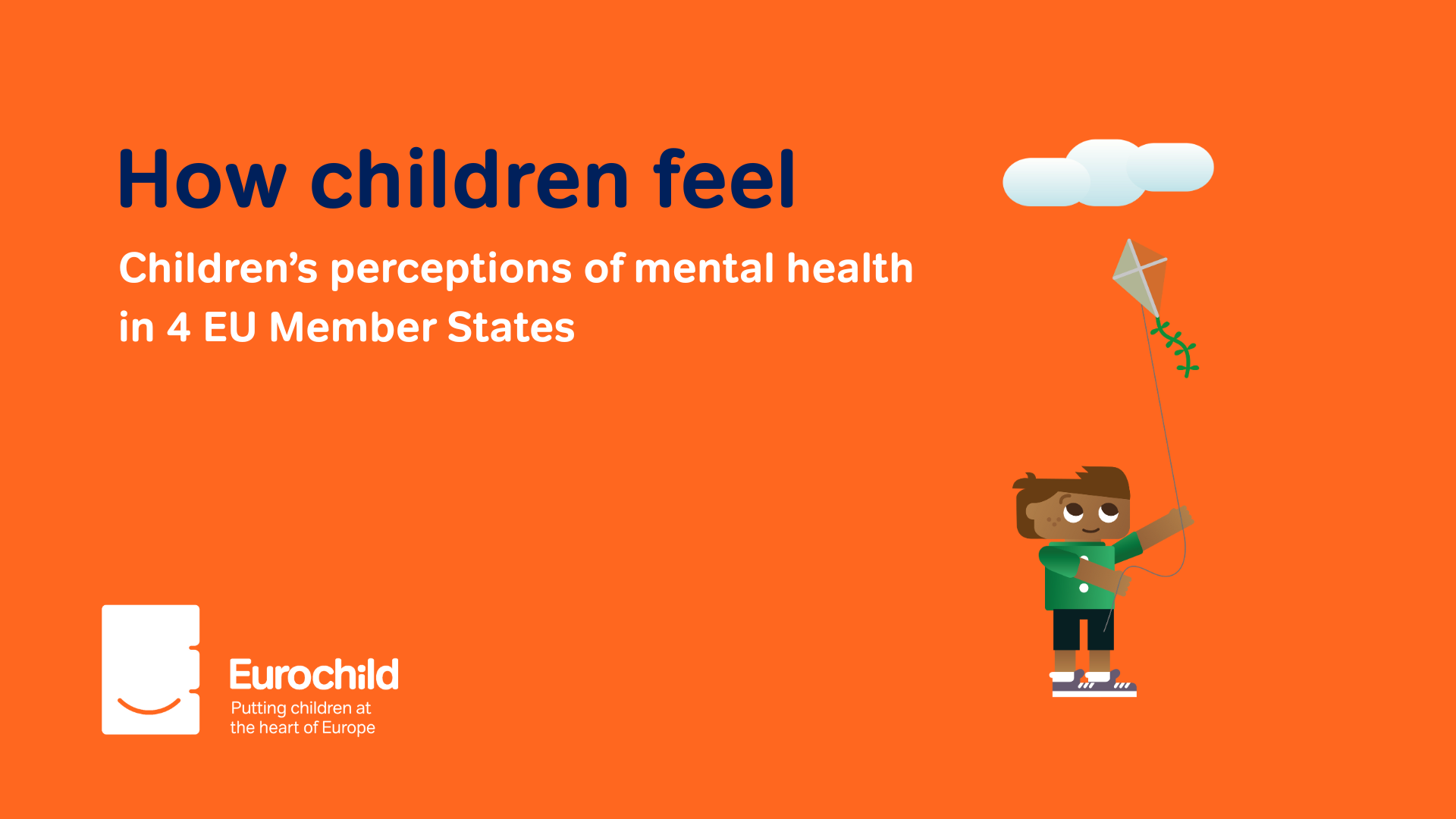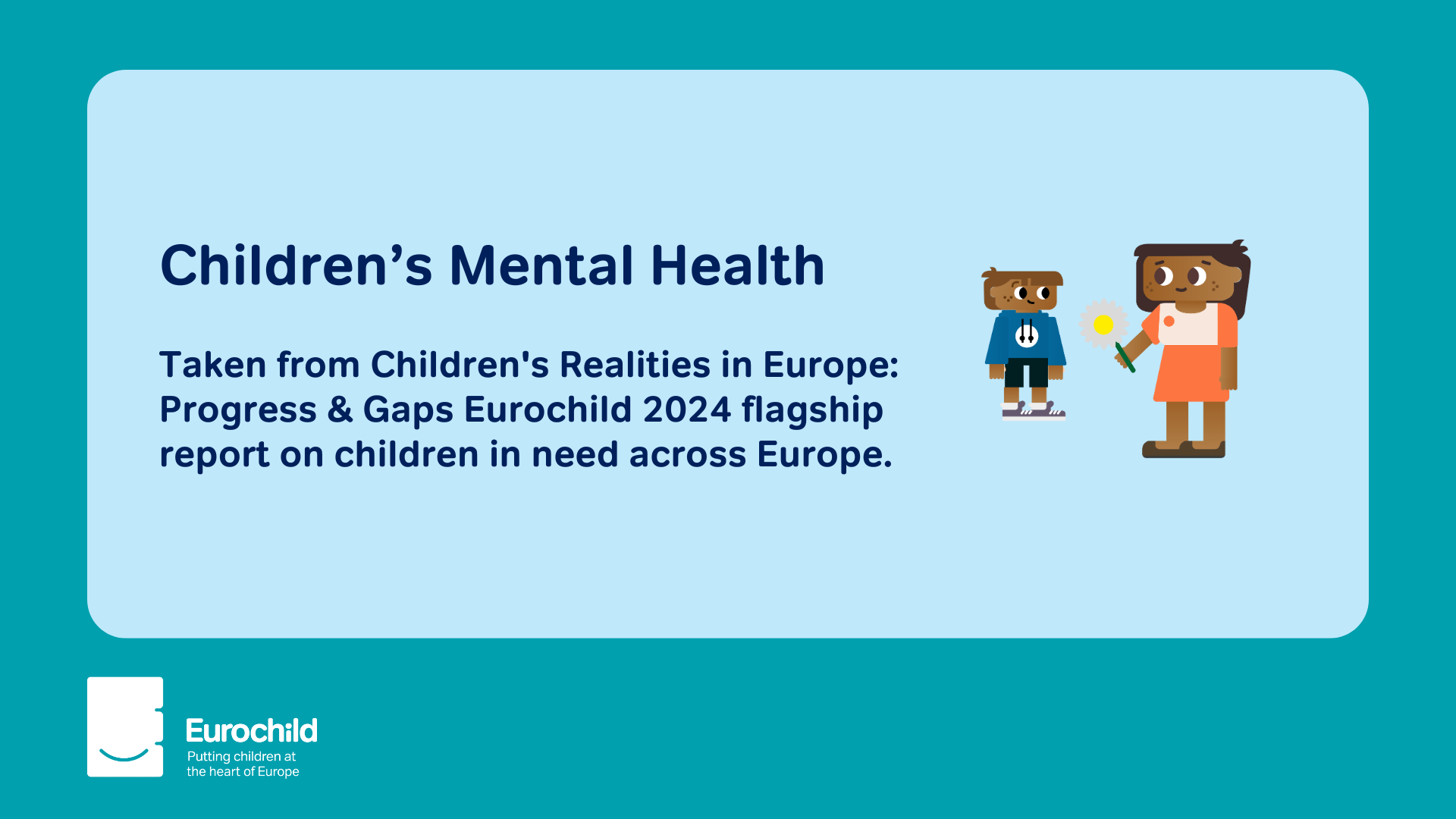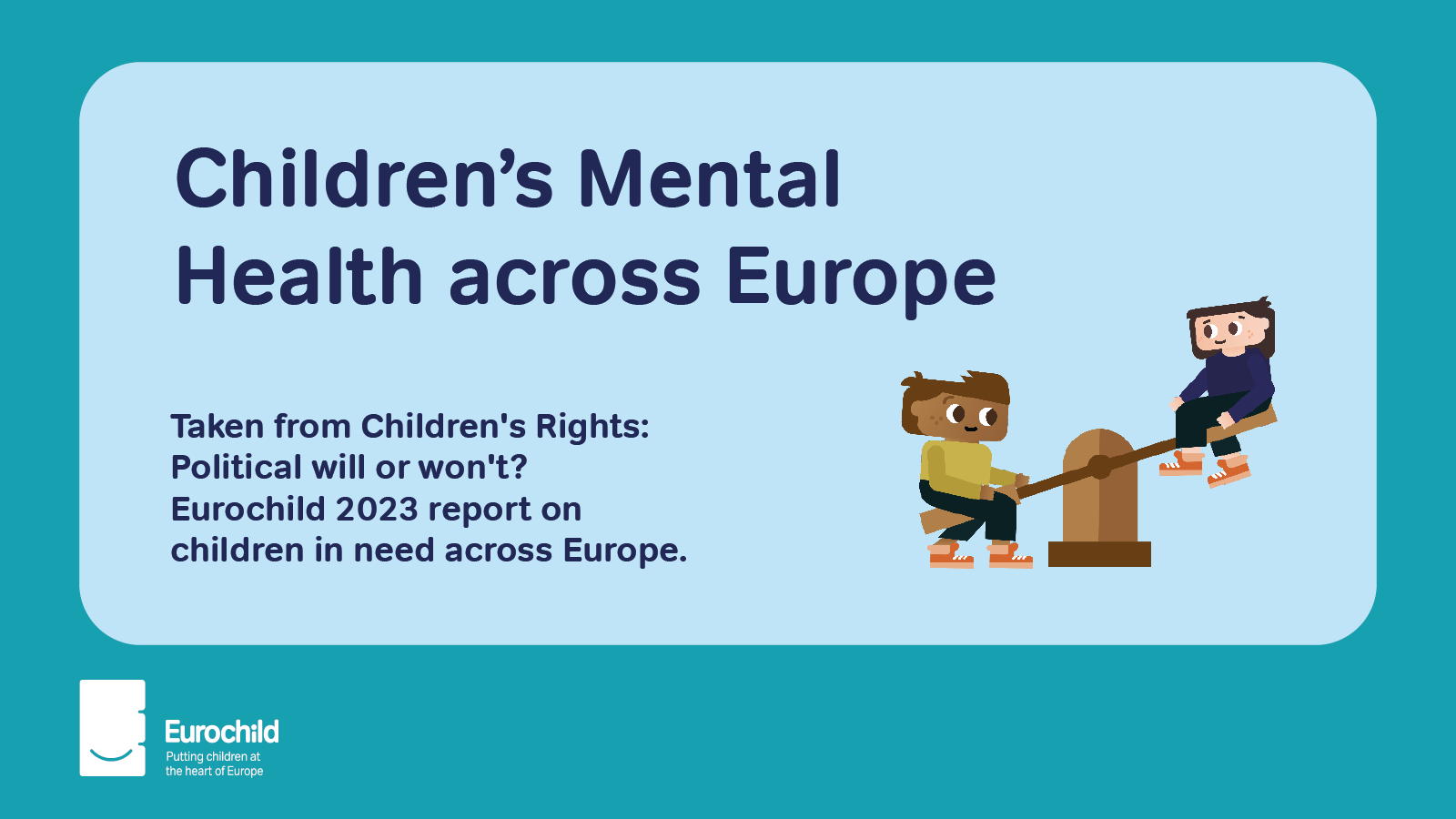Key Messages on Cyberbullying
Eurochild Key Messages on Cyberbullying to feed into the EU Action Plan against cyberbullying.
Eurochild members have repeatedly raised that cyberbullying has become a strong and persistent phenomenon across the EU and beyond, and is part of the biggest challenges to children's mental health.
95% of cyberbullying victims also experience physical, verbal or social bullying in real-life contexts. Research shows that many children do not know how to report cyberbullying.
The most common forms of cyberbullying include mean or hurtful comments posted online, exclusion from group chats, rumours spread online, and someone embarrassing or humiliating them online. 17% of children received explicit images without consent, while 7% had their explicit images shared without consent.
The European Commission has committed to proposing an EU Action Plan against cyberbullying.
Our recommendations:
- Use a comprehensive approach
- Protect vulnerable children
- Enhance education and participation
- Ensure platform accountability and safety-by-design
- Build a stronger prevention and protection network
- Ensure adequate victim support
Read the full paper with our contribution to the EU action plan





